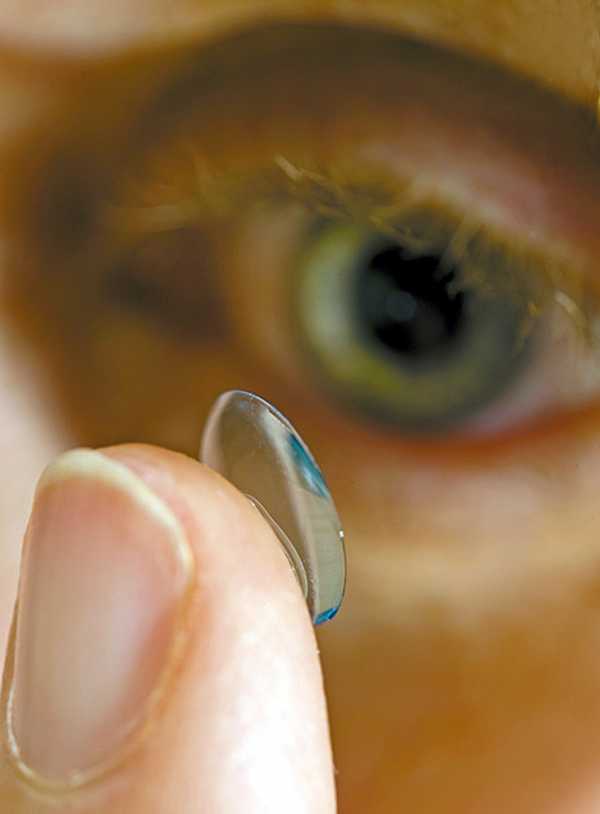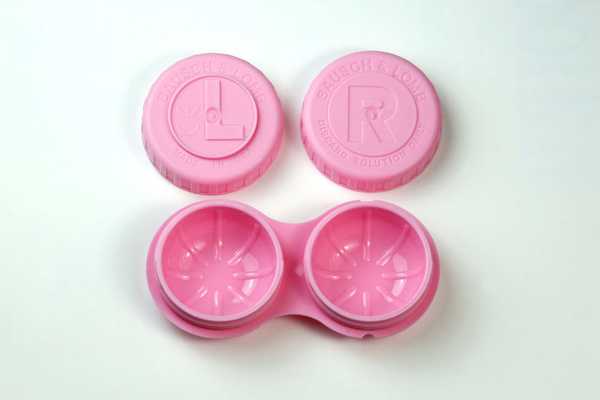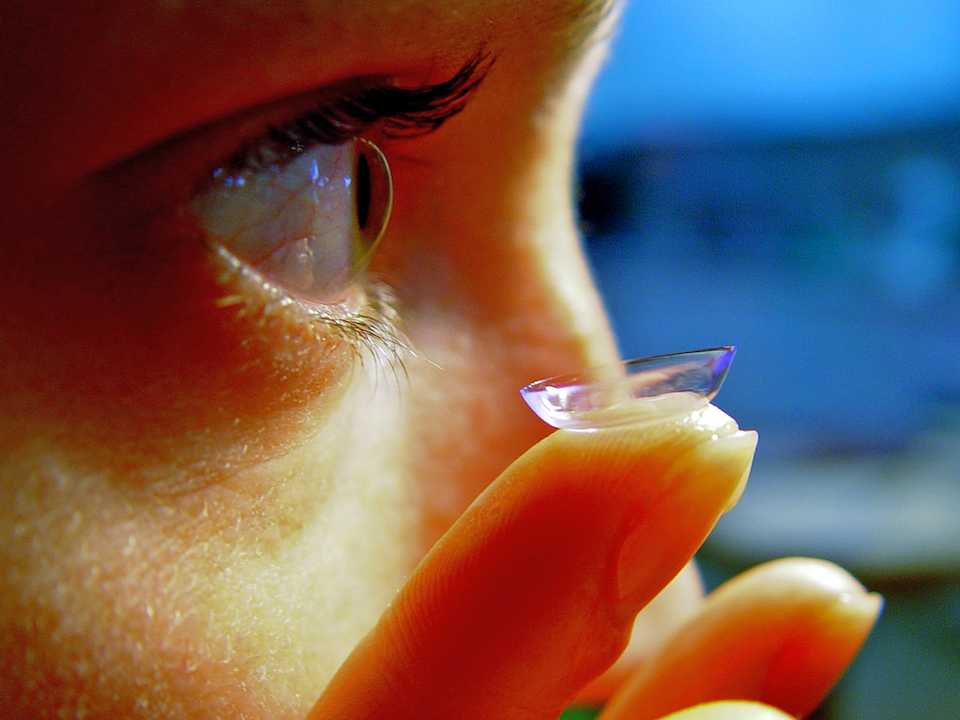The Reasons Behind Eyes Rejecting Contacts
Almost everyone who has worn contacts has had bad uncomfortable days with their contact lenses. They often develop a red eye and frequently have to go out of their contact lenses for an extended period of time for the eye to heal up. Are the eyes rejecting the contacts?
Contact lenses work well until they don’t. And they can stop being comfortable for a variety of reasons. Simple things include putting the contact lens in backwards or tearing the contact lens. Both of these things prevent the contact lens from fitting like a glove on the surface of the eye.
But even a well fitting contact lens can start to cause problems. This leads to contact lens intolerance.
Dry Eye And Contacts
Contact lenses don’t mix well with dry eye or allergies. Having semi-rigid plastic objects on a dry surface can simply be just plain uncomfortable. But in addition, one often unappreciated drawback of contact lenses is that contact lenses can increase dry eye over time!
The key element causing dry eye is friction from the contact lens. When a contact lens is placed on the eye, the contact lens, while typically pretty stable, can shift a little on the surface of the cornea. This shifting causes friction leading to scratchy or burning eyes, inflammation and dry eye.
In addition to friction on the surface of the cornea, contacts can cause friction on the eyelids as well. Within the eyelids are tiny little glands called meibomian glands which secrete oils on the surface of the eye. These oils help keep the eye from drying out by protecting your tears and tear film from evaporating away. Friction of the contact lenses on these glands can damage and decrease the number of these glands over time. Less meibomian glands and less oils on the eye means more dry eye.
So how is this fixed? Simply switching the brand or fit of a contact lens can help. Other dry eye therapies can potentially make the eye more comfortable. However, sometimes if the dry eye has become severe, the best course may be to give up on contact lenses.
Keeping Contacts Clean
The most important chore with contact lenses it to keep them clean. Keeping contact lenses clean is the best way to prevent infections from creating all sorts of havoc. To reach the goal of keeping them clean, contact lens solution enters the picture.
Over time, contact lenses can build up debris or allergens. Eyes don’t like debris or allergens! Proper contact hygiene with nightly cleaning or even switching to daily contact lenses can help remedy this problem.

This piece of plastic can build up all sorts of debris; Image by CSIRO, CC BY 3.0, via Wikimedia Commons
After we take our contact lenses out of our eyes, these contact lenses can have all sorts of debris on the lenses. Even worse, there may be bacteria on the contact lens. This debris can really adhere to the contact lens. Simply washing the lens with water isn’t enough to remove this debris. In fact, water can even ADD bad infectious organisms to the contact lenses! (and please don’t use your own saliva or spit to clean your contact lenses)
Contact lens solution is designed to combat this debris. While there is a variety of different solutions, they all have one thing in common: they break down debris and organisms on the lens. After a refreshing scrub and soak in the contact lens solution, the contact lens comes out cleaner than before.
Contact lens solution doesn’t work instantaneously. Thus, typically the contacts are left in the solution overnight for the cleaning to work; a good reason to avoid sleeping in your contact lenses. That way, you can awake to cleaner and healthier lenses. Your eyes will thank you!

You hopefully already have one of these contact lens cases; Image by Sanjay Acharya, CC BY-SA 3.0, via Wikimedia Commons
However, the eye can even react and become irritated to contact lens washing solution! It may be necessary to switch to a different contact lens solution to help fix the issue.
Which Contact Lens Solution Is The Best?
For contact lens wearers there is a myriad of choices of solutions to clean the contact lenses. Using a contact lens solution is important, but which solution is the BEST way to go?
Some people rinse their contact lenses with saline. This is NOT the best way to go! Saline isn’t a contact lens solution! It doesn’t have the cleaning properties of real contact lens solutions. It’s time to move on to one of the other choices.
One very common and popular route is multipurpose contact lens solution. Multipurpose contact lens solution cleans, disinfects and cleanly stores your contact lenses in their contact lens case. This solution works quite well and is often the first solution people use when they start wearing contact lenses. But unfortunately, some people can start to develop allergies or irritation to this solution.
Which leads us to…hydrogen peroxide based systems. Unlike multipurpose solutions, hydrogen peroxided solutions don’t contain a lot of ingredients; mainly just hydrogen peroxide. This hydrogen peroxide is able to disinfect the contact lens and also slowly break down to saline over about six hours. Thus, when you go to put the contact lens back into your eye, the contact lens is clean and the solution coating the lens is also perfectly gentle on the eyes. This type of solution can be a little more expensive than the multipurpose contact lens solution and also has that time requirement of waiting six hours for everything to become clean.
The best solution for you is the one which works best in your routine. Whichever way you go, the important part is to keep good hygiene with regular cleaning and replacement of the contact lenses so that the eyes stay nice and healthy.
Summary
Like getting oil changes to keep your car running smoothly, contact lenses require maintenance. Proper hygiene is required, but also very important are regular visits to your eye care provider; Especially when developing contact lens intolerance. With proper care, you can prevent your eyes from rejecting the contacts.
Also check out What To Do About Dry Eye From Contacts on EyeMountain.com
Related Articles
Please note: The general information provided on the Website is for informational purposes only and is not professional medical advice, diagnosis, treatment, or care, nor is it intended to be a substitute therefore. See the Disclaimer and Terms of Use for more information
